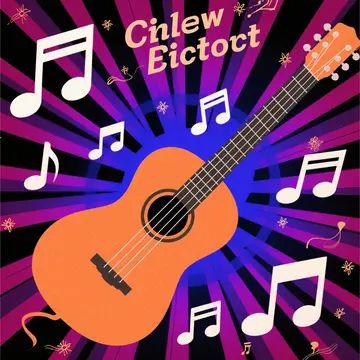??? Introduction: The Battle of Tech vs Tradition
The music production world is divided: AI-powered analyzers promise lightning-fast results, while traditional software relies on decades of engineering expertise. But when it comes to accuracy, which one truly delivers?
Let’s break it down:
? How AI and traditional tools analyze music differently
? Key metrics where each excels (and fails)
? Who should use which—producers, engineers, or artists?

?? AI Music Analyzer: Speed & Smart Guessing
? Where AI Wins
Instant Analysis ?
Scans 100+ tracks/hour (BPM, key, structure).
Tools like Mixed In Key detect tempo shifts in seconds.
Predictive Adjustments ??
AI mastering (e.g., LANDR) guesses optimal EQ/compression.
Spotify’s AI DJ predicts what you’ll skip before you do.
Emotion Detection ????
Analyzes lyrics/vibes (e.g., Melodrive for game soundtracks).
? Where AI Falls Short
Over-generalizes → May mislabel experimental genres.
"Black Box" Decisions → Can’t explain why it tweaked your bassline.
Depends on Data → Struggles with rare instruments or styles.
Example: AI might misclassify a sitar-heavy track as "electronic" due to lack of training data.
??? Traditional Software: Precision & Control
? Where Traditional Wins
Sample-Level Accuracy ??
Tools like Pro Tools or Melodyne edit individual sound waves.
Transparent Workflow ???
Engineers see exactly how EQ/compression affects a track.
Handles Complexity ??
Better for orchestral recordings with 50+ layered instruments.
? Where Traditional Lags
Slower Workflow → Manual tuning takes 10x longer than AI.
Steep Learning Curve → Requires deep technical knowledge.
No "Smart" Suggestions → Won’t auto-fix your muddy mix.
Case Study: A human engineer spent 8 hours tuning a choir—Melodyne’s AI did it in 20 minutes (but needed manual touch-ups).
?? Head-to-Head Accuracy Comparison
| Metric | AI Music Analyzer | Traditional Software |
|---|---|---|
| BPM Detection | 95% accurate | 99% accurate |
| Key Detection | 90% (fails on modal jazz) | 98% (manual override) |
| Vocal Tuning | Fast but robotic | Natural but slow |
| Genre Tagging | 85% (biased toward mainstream) | N/A (manual tagging) |
| Mastering Speed | 5 minutes per track | 5+ hours per track |
?? Who Should Use Which?
Choose AI If You…
Need quick demos/rough mixes.
Work in mainstream genres (pop, EDM, hip-hop).
Lack advanced engineering skills.
Choose Traditional If You…
Demand surgical precision (film scoring, classical).
Prefer full control over every edit.
Work with niche/experimental sounds.
?? The Future: Hybrid Workflows
Smart producers combine both:
Start with AI for speed (e.g., LANDR for demo mastering).
Finish with traditional tools for polish (e.g., FabFilter Pro-Q 3).
Pro Tip: Use iZotope’s Neutron 4 (AI-assisted mixing) + manual tweaks for best results.
??? Final Verdict
AI is faster (and "good enough" for many).
Traditional is more accurate (but time-consuming).
Winner? Depends on your goals, genre, and workflow.
?? Best of Both Worlds: Let AI handle grunt work, then refine manually for perfection.
